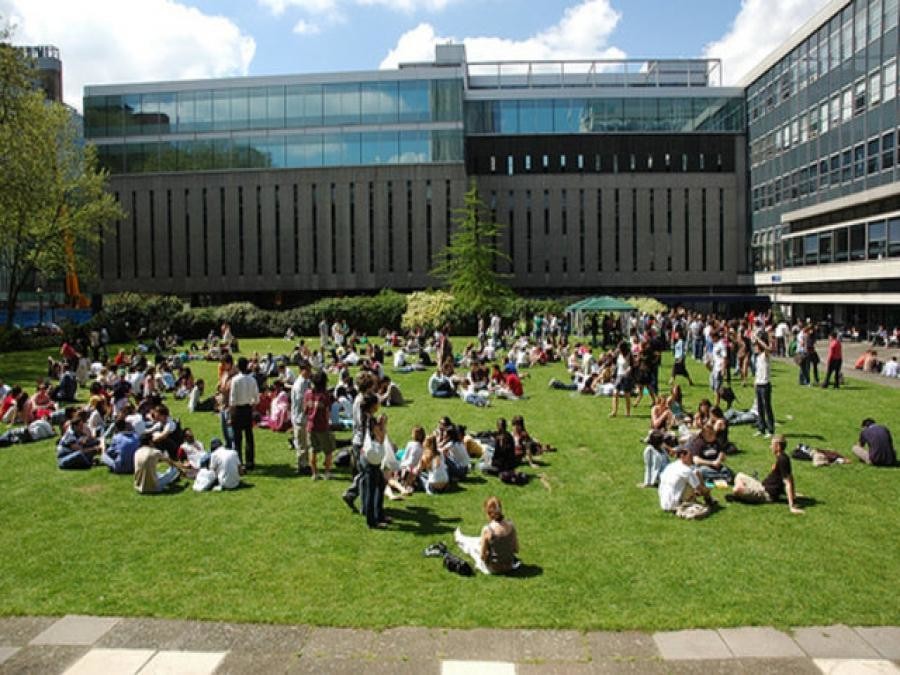Important Answers for Some Students Questions
We will try to talk about the most important questions that come to mind of Arab and foreign students wishing to study in Turkish universities:

1. Should Turkish language be proficient at the university?
It is advisable to learn Turkish for social relations and cultural exchange if the language of the university in question is English. Therefore, you must make sure of the language of the curriculum and program at the university where you want to study.
2. Are Turkish university degrees recognized abroad?
The Turkish Higher Education Council is the supervisor of all Turkish universities and is a participant in the Bologna project which commit to establish a university space identical to all the countries of the European Union, and ensure the unification of quality standards in academic degrees, in addition to the recognition of other countries on other continents.
3. What are the languages of teaching in Turkish universities?
Either Turkish, English, or both, Arabic, French and German have recently been added, and another foreign language may be required as a mandatory or optional subject. It is therefore advisable to contact the university you wish to study for details.
4. What documents are produced to demonstrate English language learning?
Erasmus exchange students and those whose native language is English do not need any documents. As mentioned, the language of many universities, in addition to Turkish, is English, while students whose mother tongue is not English must provide proof of skill in English. Some universities also accept a letter from a professor or professor from the student's original university. Some Turkish universities require a lower level of skill in an international test (IELTS, TOEFL, SAT, etc.), while others offer their own language tests.
5. Are Turkish language classes available at Turkish universities?
In English-language universities, Turkish lessons are optional. However, foreign students are advised to follow lectures in Turkish to develop the experience of living in Turkey.
6. What should be done to enroll as an exchange student in Turkey?
Nominations must be made by the original university, and then an application for admission to the university in Turkey. In case of the university does not have an agreement with any Turkish university, you can apply as an "outstanding" student.
7. Can an exchange student in Turkey transfer credits for his university studies?
Yes, the original university credits can be transferred, but the student must obtain approval for the materials chosen from his university before arrival in order to ensure knowledge.
8. What support does international offices provide to international students? Is there a mentoring program?
Yes, many universities, in particular, offer a structured orientation week for international students, and the program is usually sent via email before the student arrives on campus. It is advisable to contact the International Office at the host university for details.
In the pre-registration phase, there is an orientation program that will help students learn to navigate public transport (in addition to student discount cards), obtain a residence permit, and obtain a student ID. Students can always go to the office in case of any question.
9. Does a student wanting to study in Turkey need a visa?
Once the admission letter arrives, the student must apply for a student visa by contacting the nearest Turkish embassy or consulate in his or her country, and the process can take 15 to 45 days. Upon arrival in Turkey, the student must seek a residence permit within 30 days to be allowed to travel inside and outside Turkey without the need to re-apply for a visa.
11. What should be done to obtain a residence permit?
The student visa obtained from the Turkish Embassy in his home country is accompanied by a "Student Certificate" from the International Office within three weeks of registration at the host university for the residence permit. The cost of the residence permit is about 300 TL.
12. Can a foreign student work in Turkey?
Legally, foreign students do not have the right to work in Turkey except for psotgraduate students who can work for certain working hours.

Photo gallery
Share your Erasmus Experience in Istanbul!
If you know Istanbul as native, traveler or as exchange student... share your opinion on Istanbul! Rate different characteristics and share your experience.
Add experience →



















Comments (0 comments)